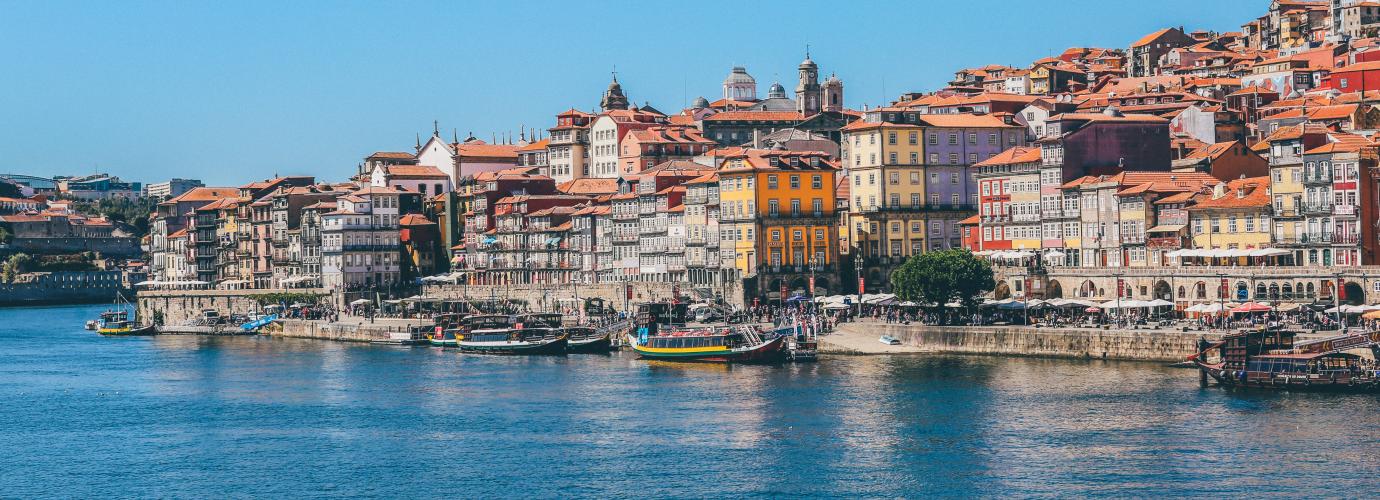The Portuguese state is a semi-presidential constitutional republic. There are four sovereign bodies in Portugal:
- The President of the Republic, who guarantees national independence and the unity of the state.
- Parliament, which has legislative power (both are elected by universal suffrage).
- the Government, led by the Prime Minister and has executive power.
- the courts, which exercise judicial power.
The Azores and Madeira archipelagos are autonomous regions with governments and legislative regional assemblies with their own powers.
The bodies of local power are municipalities and freguesias (parishes).
The Ministry of Education, Science and Innovation (MECI) (pre-primary education, basic, upper secondary and higher education) defines, coordinates, implements and evaluates national policies for the education system, science and information society, articulating them as policies for qualifications and vocational training.
The Ministry of Labour, Solidarity and Social Security (MTSSS) has responsibilities regarding early childhood education and care (ECEC) for children up to three years old. It also has duties and competences in terms of training and recognition of vocational qualifications and the certification of training bodies, from ANQEP, I.P., a public institute indirectly subject to state administration under the supervision and responsibility of the Ministries of Education, Science and Innovation and Labour, Solidarity and Social Security, in conjunction with the Ministry of Economy.
The MECI and the MTSSS fulfil their duties via direct state administration services, indirect state administration bodies, advisory bodies, other structures and bodies that are part of the state business sector.
In the Azores and Madeira Autonomous Regions, education is the responsibility of the regional governments, through the Regional Secretariat for Education and the Regional Directorate for Education, which adapt national education policy to a regional plan and manage human, material and financial resources.
In accordance with the 24th Government Organic Law, the central bodies regarding education are the following:
- General Secretariat for Education and Science (Secretaria-Geral da Educação e Ciência – SG|EC).
- General Inspectorate of Education and Science (Inspeção-Geral da Educação e Ciência– IGEC).
- Directorate-General for Education (Direção-Geral da Educação - DGE).
- Directorate-General for School Administration (Direção-Geral da Administração Escolar– DGAE).
- Directorate-General for School Administration (Direção-Geral da Administração Escolar– DGAE).
- Directorate-General for Schools (Direção-Geral dos Estabelecimentos Escolares - DGEstE).
- Directorate-General for Education and Science Statistics (Direção-Geral de Estatísticas da Educação e Ciência – DGEEC).
Other services with administrative and financial autonomy are partners of the different departments and organisations of the MECI and MTSSS:
- Institute of Educational Assessment (Instituto de Avaliação Educativa, I.P. - IAVE)
- Institute for Financial Management of Education (Instituto de Gestão Financeira da Educação – IGeFE).
- National Agency for Qualification and Vocational Education and Training (Agência Nacional para a Qualificação e o Ensino Profissional, I. P. -ANQEP)
- The Foundation for Science and Technology (FCT) (Fundação para a Ciência e a Tecnologia, I.P.)
- Macau Scientific and Cultural Centre (Centro Científico e Cultural de Macau, I.P.)
- Publishing Department of the Ministry of Education and Science (Editorial do Ministério da Educação e Ciência (EMEC))
To learn more about the organisation and governance of the national education system, and the duties of each of these bodies, see Subchapter 2.6 Administration and Governance at Central and/or Regional Level.

